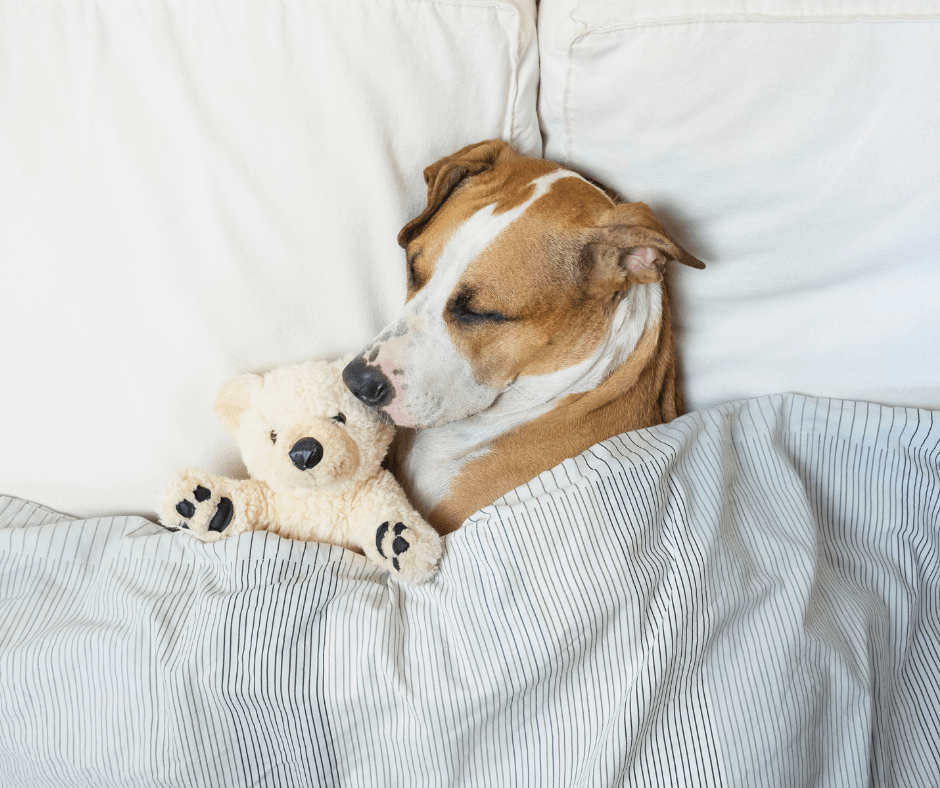What are the most Googled questions about sleep?

We are a nation in the grip of a sleeplessness epidemic, with a recent Gallup survey showing that a third of adults struggle to get a good night’s rest. If you’ve been there, you’ll know how debilitating it can be—not only does poor sleep affect your energy levels in your waking hours, experts also say it can lead to poor dietary and lifestyle habits, along with increased stress levels. Long term, it is linked to health issues from heart disease and high blood pressure to depression and diabetes.
While some might sensibly seek answers from a health professional, these days most of us turn to Google. Here, sleep expert Ashley Hainsworth, of Bed Kingdom, shares what he claims are the most Googled sleep-related questions of the past year—and answers them
How can I fall asleep faster?
With an average of 215,000 global searches a month for an answer to this question, it seems we’re all on a quest to uncover the secrets to dropping off swiftly. According to Hainsworth, it’s all about working with—rather than against—your sleep hormone, melatonin.
“Secreted by the pineal gland, melatonin is affected by an inconsistent sleeping pattern. Waking up and falling asleep at different times can confuse your circadian rhythm, also known as the body’s internal clock. Your circadian rhythm regulates the release of melatonin, so if you don’t have a consistent sleep-wake cycle, the body doesn’t know when to release the hormone.” The key is to go to bed and wake up at the same time every day, regardless of whether it’s a weekend or not.
Other factors that affect melatonin include screens, so avoid using them for at least an hour before bed. A dark room will help trigger melatonin production, so ensure you have black-out blinds if you struggle to drop off.
How much sleep do you need?
The answer to this question—which has an average of 105,000 monthly global searches—lies in a number of factors, including our age and health levels. While a newborn should be asleep more than they’re awake, 13- to 18-year-olds require eight to 10 hours. “Adults require a minimum of seven hours of sleep a night,” says Hainsworth. “The older you become, the more sleep you’ll need because your sleeping patterns change. It is common for older adults to sleep more lightly, have trouble falling asleep, or wake up multiple times in the night.” If you’re ill, you’ll need more sleep too.
What is sleep paralysis?
“Sleep paralysis is a condition that occurs when REM sleep is disrupted,” says Hainsworth of the question that racks up 90,000 global searches each month, “typically when one is waking up or falling asleep. It is harmless and some people will only experience it once or twice in their lifetime.” The most common symptom of sleep paralysis is, as you might expect, feeling paralysed—you may feel you cannot move, speak or open your eyes, which can be very alarming.
Why can't I sleep?
The subject of 89,900 frustrated searches a month, the answer to this question is, of course, a subjective one. “A doctor should assess anyone who is suffering from insomnia, but there are a few broad reasons why a lot of people can’t sleep,” says Hainsworth. “These include stress and anxiety, as well as caffeine and alcohol consumption. If you are drinking alcohol frequently and notice your sleep isn’t great, you should seek to reduce your intake or stop drinking it completely. Caffeine consumption should be avoided later in the day.”
What is sleep apnea?
“Sleep apnea is a disorder where breathing stops and starts while the individual sleeps—it can be severe if not diagnosed or treated,” says Hainsworth. “Symptoms include gasping, snorting, choking noises, loud snoring, and waking up often through the night.” Those with the disorder may feel tired and suffer headaches or mood swings during the day. If you’re among the tens of thousands of people googling this each month, and worry you may have the disorder, be sure to visit a health professional who can refer you to a specialist sleep clinic for tests if required.

Leave a comment